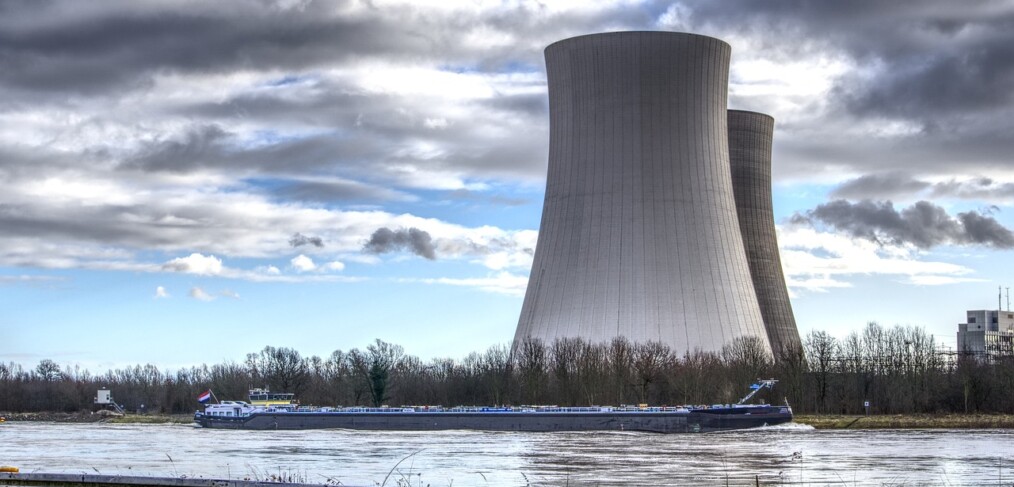
Google: Nuclear technology could become a billion-dollar failure
Google has become the first company worldwide to sign an agreement to source electricity from so-called small modular reactors (SMRs). The tech giant has reached a deal with the startup Kairos Power to begin using electricity from such reactors starting in 2030 to meet the growing energy needs of its data centers and AI applications. The agreement includes 500 megawatts from six to seven reactors, which are set to be gradually operational in the U.S. by 2035, producing approximately 4 terawatt-hours annually. It remains unclear whether Google is financially investing in the projects or simply guaranteeing the electricity purchase.
Nevertheless, Google primarily relies on renewable energy, sourcing 25 terawatt-hours of electricity globally from wind, solar, and hydropower.
Jutta Paulus, the Greens’ European Parliamentary Group’s nuclear policy spokesperson, comments:
“Google is making a grave mistake with this decision and is sending a dangerous signal. Nuclear power is never a sustainable solution. Beyond unresolved issues like nuclear waste disposal, accident risks, and high construction costs, uranium mines pose a massive environmental threat, contaminating vast areas with radiation and displacing indigenous populations from their homes. Small modular reactors exist only in PowerPoint presentations so far, and experts deem a commercial project by 2030 as impossible.
It’s clear that the energy transition requires real solutions like wind and solar energy, which, in combination with storage systems, are already capable of delivering affordable electricity around the clock. Artificial intelligence undeniably consumes a lot of energy, making it even more important to tap into efficiency potentials, such as modern cooling technologies and modular programming! The corporate decision to instead depend on an unpredictable risk technology is reminiscent of Bayer’s economically disastrous acquisition of the glyphosate manufacturer Monsanto. For Google, the planned entry into nuclear technology could turn into a billion-dollar failure.”
